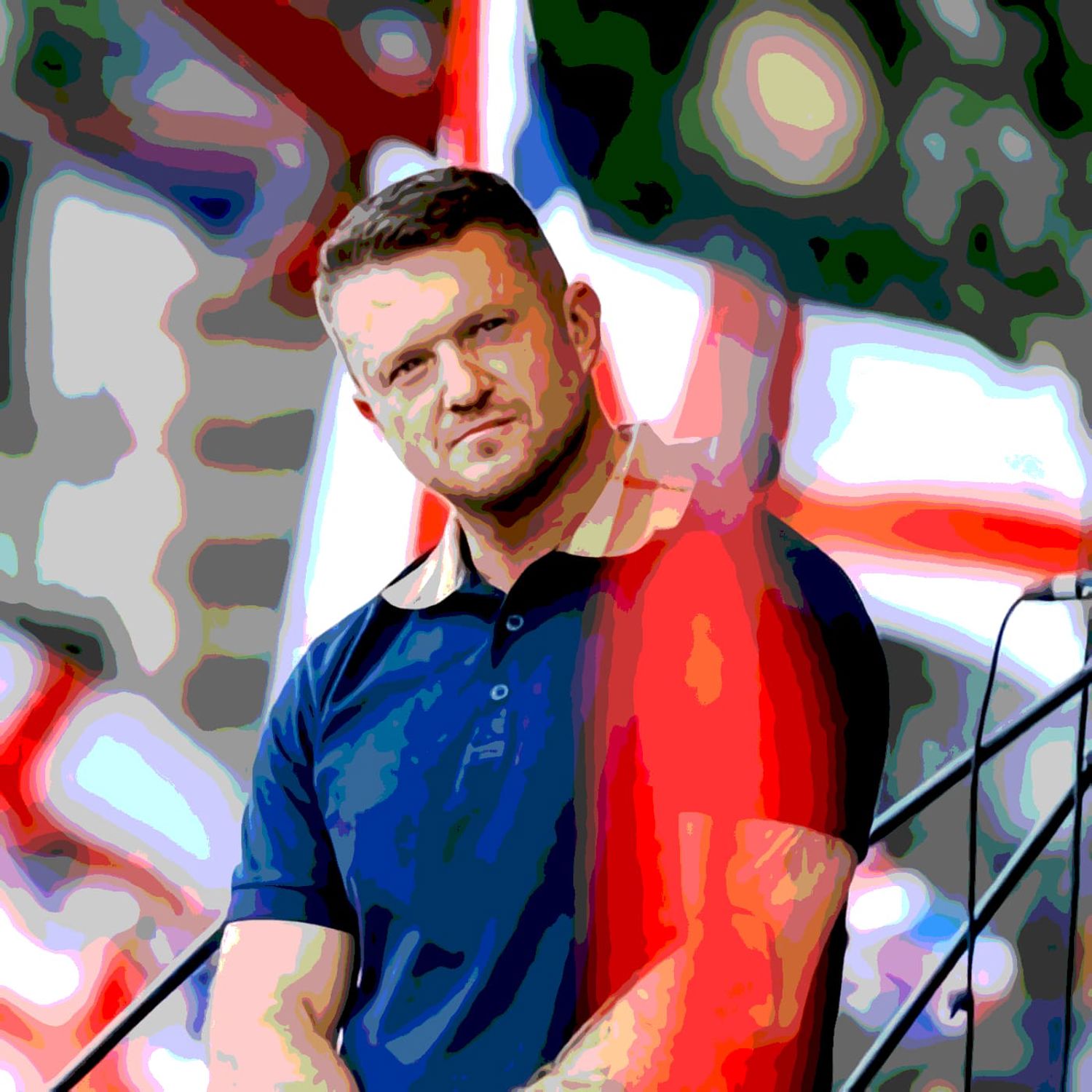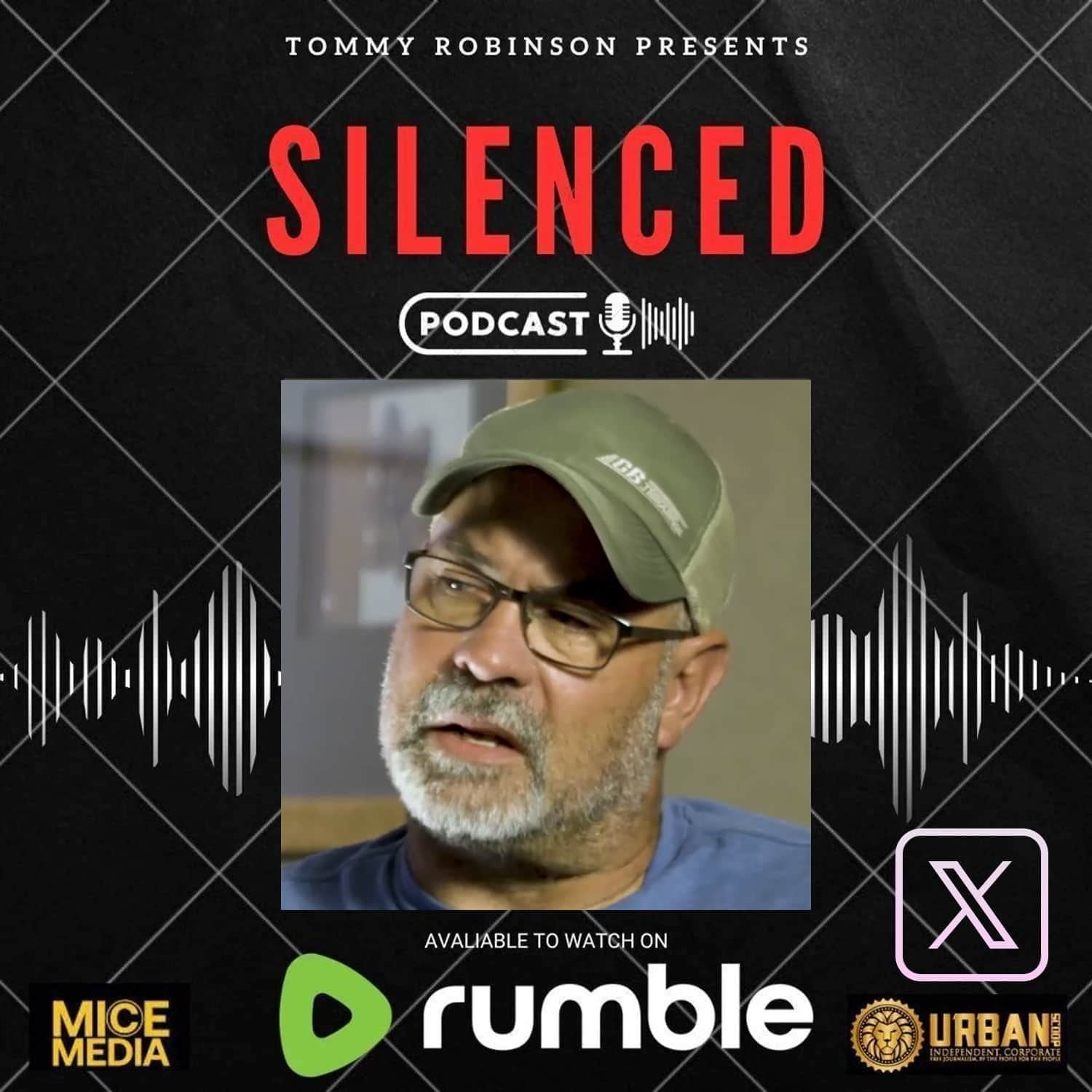Transcripts and some chapter headings are AI Generated. They are not authoritative. Always refer to the actual content of the podcast.
Please support Tommy's work: Urban Scoop Support
In this episode of "Silenced with Tommy Robinson," Tommy sits down with Chris Barber, the man behind the famous Canadian trucker convoy that protested against COVID-19 vaccine mandates. Chris shares his personal journey, from growing up in a small village in Saskatchewan to becoming a trucker and eventually organizing a protest that captured global attention. He discusses the challenges he faced, including the severe lockdowns in Canada, the impact of vaccine mandates on his business and family, and the emotional toll it took on him and others.
Chris recounts the overwhelming support the convoy received from Canadians, the media's attempts to discredit the movement, and the government's harsh response, including the freezing of bank accounts and the use of the Emergencies Act. He also talks about his arrest, the legal battles he is currently facing, and the ongoing fight for freedom and accountability in Canada.
Throughout the episode, Chris emphasizes the importance of standing up for one's rights and encourages others to get involved in local politics to effect change. The conversation sheds light on the broader implications of the trucker convoy and its impact on the global narrative surrounding COVID-19 mandates.

